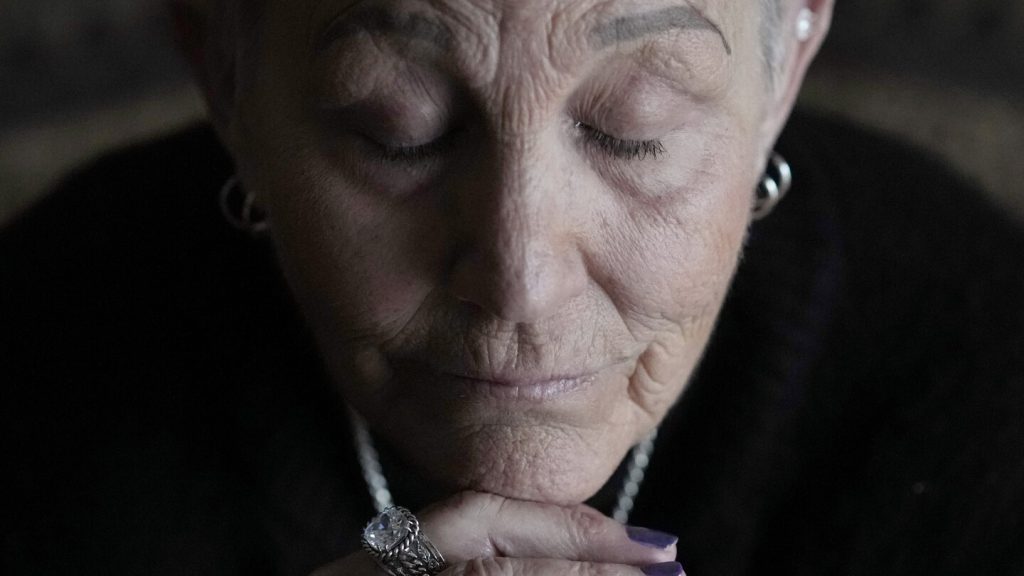Deb Robertson, a terminally ill patient in Illinois, had a conversation with her grandson about medical-aid in dying, giving her a sense of control over her end-of-life decisions. This topic is being discussed by many Americans facing terminal illnesses and is also being debated by state lawmakers. Currently, at least 12 states have bills legalizing physician-assisted death, with eight states and Washington, D.C. already allowing it for residents. Vermont and Oregon permit any qualifying American to travel to their state for the practice. However, some states are moving in the opposite direction, criminalizing assistance in physician-assisted death. This patchwork of laws leaves many Americans without options.
The issue of physician-assisted death is contentious, with opponents arguing that it normalizes suicide and incentivizes individuals to end their lives. Religious and moral objections are often raised, questioning the reasons behind the decision and suggesting that policy should focus on improving end-of-life care. However, proponents of bills legalizing medical-aid in dying argue that it is about autonomy and compassion, allowing individuals some control over their final moments. Despite being illegal in most states, a majority of Americans support physician-assisted death, based on a 2018 Gallup poll.
Individual stories of patients choosing physician-assisted death shed light on the personal struggles and decisions involved. For example, Gary Drake, a 78-year-old man diagnosed with late-stage cancer, made the decision to end his life in Oregon, where the practice is legal. His case exemplifies the emotional and personal aspects of choosing medical-aid in dying. The process involves rigorous safeguards, including evaluations by multiple healthcare professionals and requirements for the patient to take the medication themselves.
Dr. Jess Kaan, a physician who has been involved in over 200 cases of physician-assisted death in Oregon and Washington, faces criticism from some fellow doctors and religious objections, including from her own mother. Despite the controversy, Kaan believes in providing relief from suffering as a physician’s duty. The stories of patients like Gary Drake and Deb Robertson highlight the complexities and ethical considerations surrounding physician-assisted death. While the debate continues in various states, organizations like Compassion & Choices are advocating for removing residency requirements to provide more individuals with access to this end-of-life option.


